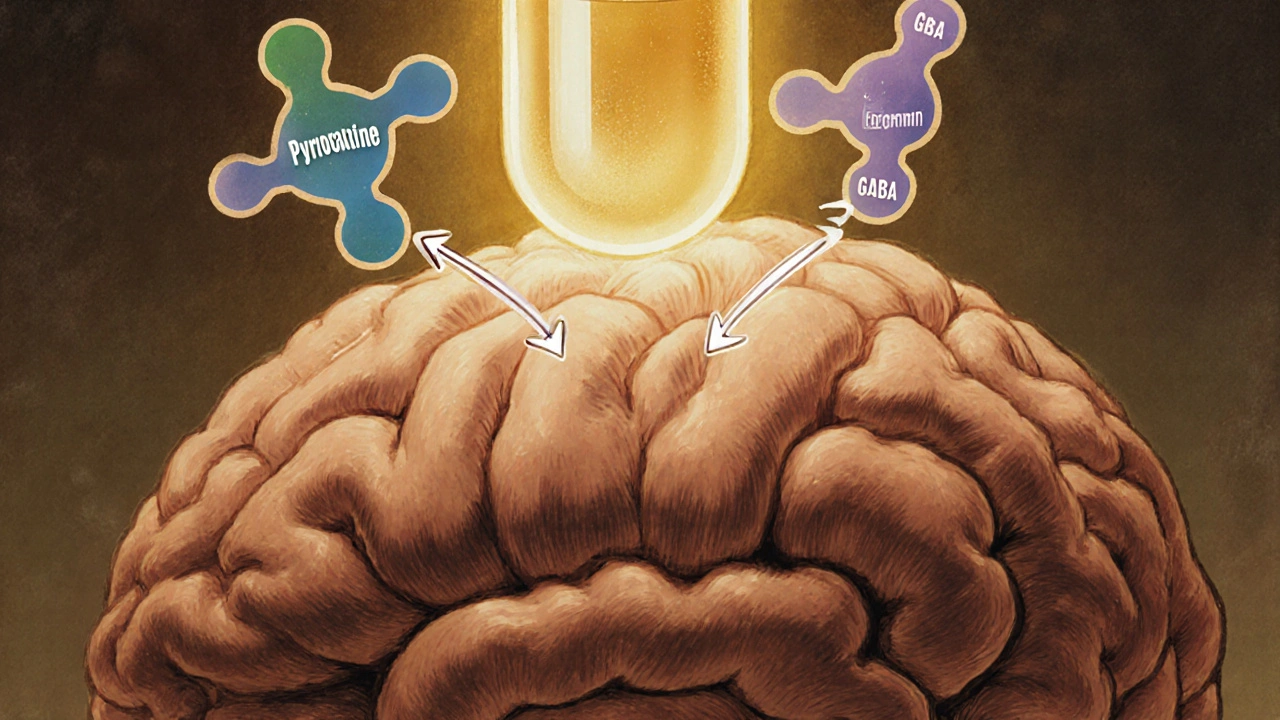Vitamin B6: What It Does, Who Needs It, and How It Affects Your Health
When you think of vitamin B6, a water-soluble vitamin essential for brain function, nerve signaling, and red blood cell production. Also known as pyridoxine, it doesn’t just keep your nerves calm—it helps turn food into energy, make neurotransmitters like serotonin and dopamine, and keep your immune system sharp. Most people get enough from food, but if you’re over 50, pregnant, on certain meds, or have kidney issues, your levels might drop without you noticing.
B6 deficiency, a condition marked by fatigue, irritability, confusion, and sometimes numbness in hands and feet isn’t rare. It’s often missed because symptoms look like stress or aging. Low B6 also means your body can’t break down homocysteine, a compound that builds up and raises your risk for heart disease. That’s why doctors check B6 levels when someone has unexplained nerve pain or high homocysteine. It’s not just about taking a pill—it’s about making sure your body can actually use it.
People on long-term antibiotics, birth control pills, or antiseizure meds often need more B6 because those drugs drain it. Diabetics and people with autoimmune conditions like rheumatoid arthritis also tend to have lower levels. And while you can get B6 from chicken, fish, potatoes, bananas, and chickpeas, many don’t eat enough of these daily. That’s where supplements come in—but they’re not a fix-all. Too much B6 from pills can damage nerves. The safe upper limit is 100 mg a day. Most multivitamins have 2–5 mg, which is fine for most.
There’s a reason you’ll see B6 linked to mood, sleep, and even PMS in the articles below. It’s not hype. Studies show it helps make serotonin, the chemical that lifts your mood. It also helps your body turn tryptophan into melatonin, which regulates sleep. For women with monthly mood swings, a little extra B6 can make a real difference—without hormones or strong drugs.
What you’ll find in the posts below isn’t just theory. It’s real-world info from people managing health conditions, using supplements, or tracking how B6 interacts with other meds. Whether you’re wondering why your doctor checked your B6 levels after a blood test, or you’re trying to ease nerve tingling without prescription drugs, the guides here cut through the noise. No fluff. No marketing. Just what works, what doesn’t, and what to watch out for.

How Pyridoxine Helps Manage Stress and Anxiety
Explore how pyridoxine (vitamin B6) supports neurotransmitters, lowers cortisol, and can ease stress and anxiety, with dosage tips, food sources, and safety advice.
Read more